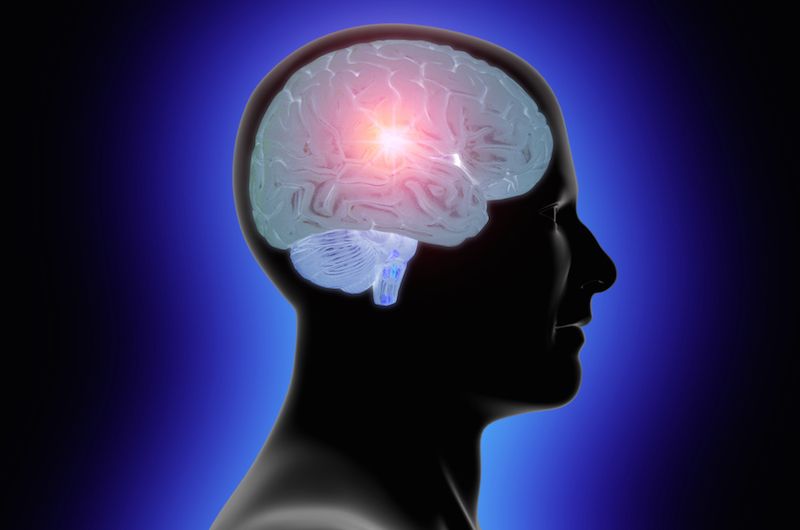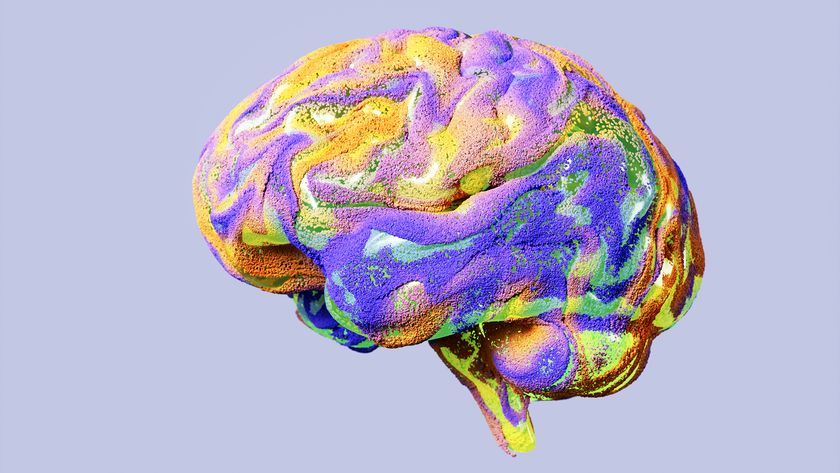Brain Zapping May Sharpen Vision

Stimulating the brain's vision center with electricity may improve people's vision for a short period of time, according to a new, small study.
In the study, researchers used a mild electrical current to stimulate an area of people's brains that processes visual information. The people either had normal vision, or had some minor vision problems and wore glasses or contacts during the experiments in the study.
The people who showed the most improvement in their vision were those who had the worst vision problems, the researchers said. Also, some of the people whose vision was already normal and who did not wear glasses were able to see a bit better than they usually did, according to the findings, published in June in the journal Current Biology. [6 Foods That Are Good For Your Brain]
"What was interesting is that the people who came in to the laboratory with the worst vision actually showed the biggest improvements," said Geoff Woodman, an associate professor of psychology at Vanderbilt University and a co-author of the study. "So it suggests that this method may actually work best when your vision is worse."
In the study, the researchers began by testing the 20 participants' vision by asking them to judge whether two identical vertical lines were perfectly aligned or offset. This test is a more sensitive way of measuring visual acuity than a standard eye chart, according to the researchers.
Then, the researchers placed electrodes on the people's scalps, above the area of the brain that processes visual information, to dole out the electrical currents. The mild current was applied for 20 minutes.
After receiving the electrical stimulation, the participants were asked to repeat the vision test. About 75 percent of the people showed measurable improvement in their visual acuity for about 2 hours following the brain stimulation. The remaining 25 percent did not experience any improvement, the researchers found.
Sign up for the Live Science daily newsletter now
Get the world’s most fascinating discoveries delivered straight to your inbox.
The researchers also explored whether people's improved performance on the vision test would translate to improvement in a real-world vision task. In this part of the study, the researchers asked the participants to read a standard eye chart. They found that people's vision improved by one to two letters, on average, compared with their results on the test prior to the electrical stimulation. However, the results varied from person to person, the researchers said.
The scientists also looked at what happened when they changed the placement of the electrodes on a person's scalp. They found that the electrodes had to be positioned specifically over the brain's visual processing center in order to affect the people's eyesight. In other words, the effect wasn't simply a response to the electrical current anywhere in the brain but rather a response to the stimulation of a specific area of the brain. [10 Things You Didn't Know About the Brain]
One day, this research might point toward a way to use brain stimulation to treat people with severe eye disorders that can result in vision loss, such as glaucoma, the researchers said. But they added that much more research is needed first.
Woodman cautioned that people should not try to zap their brains at home. "If you hook this thing up wrong, you can make vision worse," he told Live Science.
Originally published on Live Science.












